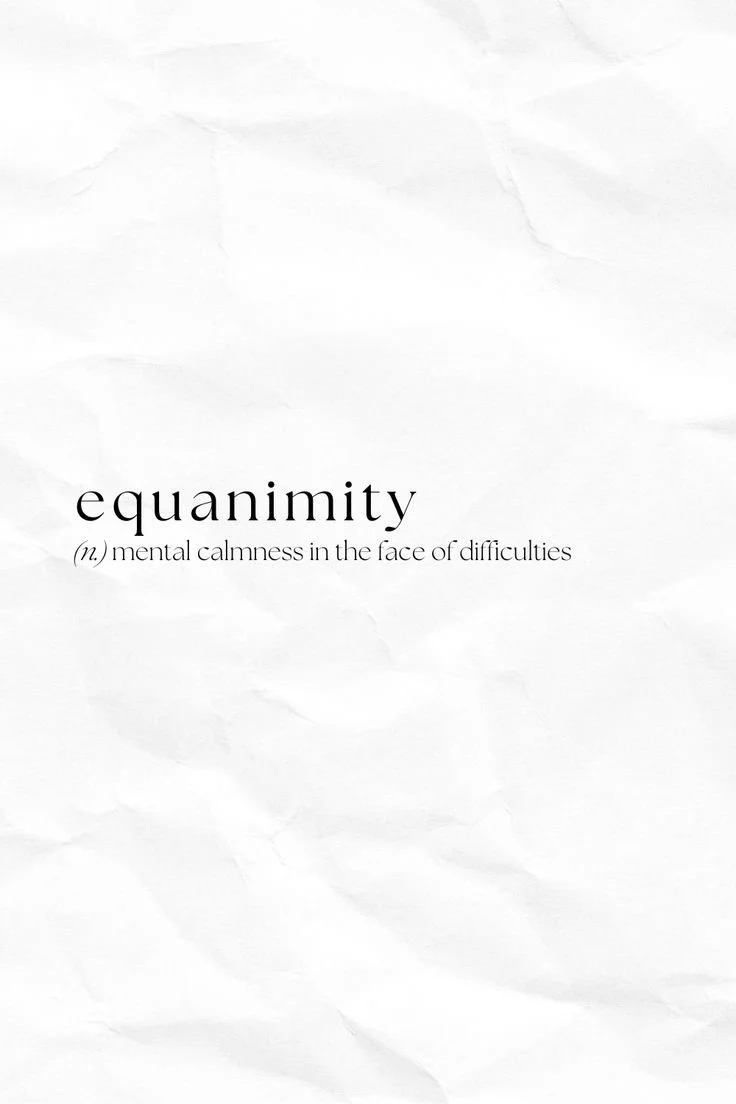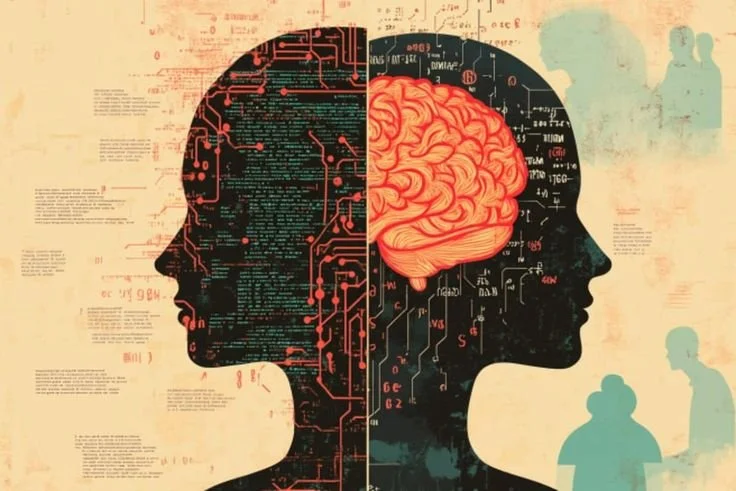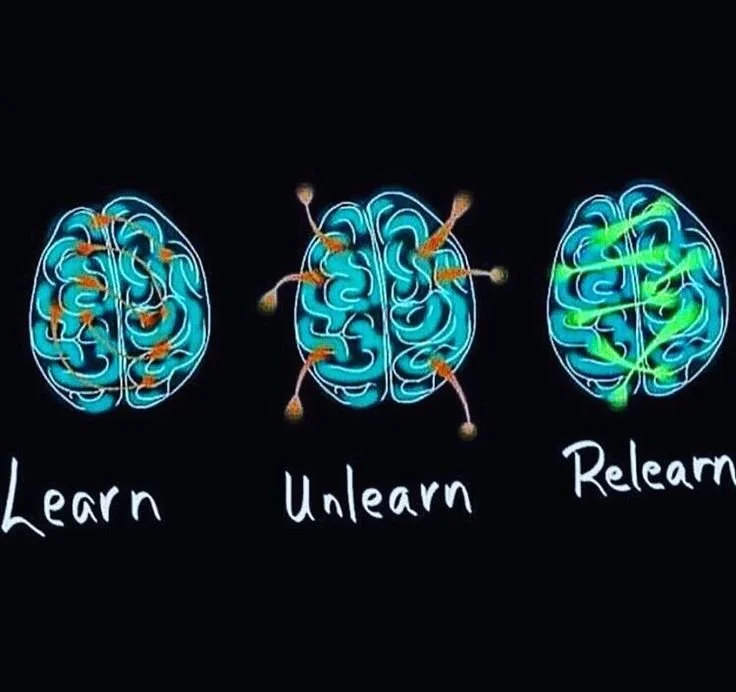When the Waves Settle: Understanding Equanimity in a Chaotic World
Life will always give us waves. Some small. Some overwhelming. Some that take our breath away.
Equanimity doesn’t promise calm seas. It teaches us how to stand. It offers us a quiet place within ourselves, accessible even when the world feels loud. A place we can return to, again and again, until it becomes familiar, comforting, steady.
You don’t have to master it all at once. You don’t have to stay centered every moment. Just begin with one breath. One pause. One moment of softness. One choice not to react immediately.
Slowly, gently, you build the inner ground you can stand on, no matter what comes. And maybe that’s what equanimity really is: a home inside yourself that you can return to, even in the storm.
Right Here, Right Now: Finding the Beauty and Balance of Being Present
We live in a world that constantly asks for our attention - a thousand things tugging at us at once, all competing for space in our already full minds. The phone buzzes, the inbox fills, our to-do list never ends. Even when we sit down to rest, our thoughts often drift to what’s next - the next task, the next worry, the next version of ourselves we think we need to become.
And yet, life itself only ever happens in one place: right here, right now.
It’s so simple that we often overlook it. The present moment is where joy unfolds, where connection deepens, where peace quietly waits. But being here, truly here, can feel like the hardest thing to do.
Cognitive Dissonance: Why We Feel Uncomfortable with Contradictions
That quiet, nagging discomfort that shows up? That “ugh” feeling when your choices don’t quite fit your words or beliefs? That’s cognitive dissonance.
It’s not just about food or fitness. It shows up in relationships, finances, careers, morals, and even how we see ourselves. It’s a universal psychological phenomenon that explains why we feel unsettled when our actions don’t match our values - and why we sometimes go to great lengths to cover up or justify those contradictions.
Neuroplasticity: How Your Brain Rewires Itself Throughout Life
Neuroplasticity tells us we are not defined by our past, our habits, or even our current struggles. The brain is continually writing and rewriting its story - and you hold the pen more than you think.
Yes, change takes effort. Yes, it requires patience. But it’s deeply possible. Every small choice you make - practicing kindness with yourself, trying again when it feels hard, staying open to learning - is a signal to your brain: this matters, build this pathway stronger.
You are not fixed. You are fluid, adaptive, and capable of growth throughout life.
At the heart of it, neuroplasticity reminds us of something deeply human: we exist at the center of our own unfolding reality, and we can shape it, one choice at a time.
That Restless Feeling You Can’t Quite Name? It Might Be FOMO.
FOMO isn’t evidence that your life is lacking.
It’s evidence that you’ve temporarily lost touch with your own center.
And the antidote? It’s not chasing more. It’s coming back to you.
To what feels right in your body.
To what gives your life meaning.
To what’s unfolding quietly but beautifully in the life you’re already living.
The Role of Gratitude in Mental Health: A Gentle Shift That Changes Everything
When the World Feels Heavy, Gratitude Offers Us a Hand
Some days, it’s easy to feel thankful. The light hits your face just right, someone remembers your favourite coffee order, or you catch yourself smiling without reason.
And then there are the other days.
The heavy ones. When everything feels a little too much, and nothing feels enough. When you’re stretched thin, emotionally drained, or quietly wondering when life will finally feel lighter.
It’s in these quiet, aching moments that gratitude isn’t just a feel-good habit — it becomes a lifeline.
Attachment Styles in Adult Relationships: What They Mean and How They Affect Us
Have you ever found yourself pulling away just as things start to feel close? Or, on the other hand, clinging a little too tightly for fear of being left behind? Maybe you’ve wondered why certain dynamics repeat across different relationships — why you keep choosing unavailable partners, or why intimacy sometimes feels suffocating.
The answer often lies in something quietly powerful: your attachment style.
Rooted in early life experiences, your attachment style is the lens through which you interpret closeness, vulnerability, and connection. It shapes how you relate to partners, friends, even yourself. And unless it’s brought into awareness, it can quietly script your relationship patterns on loop.
Let’s unpack what these styles are — and how they show up in adult relationships.








